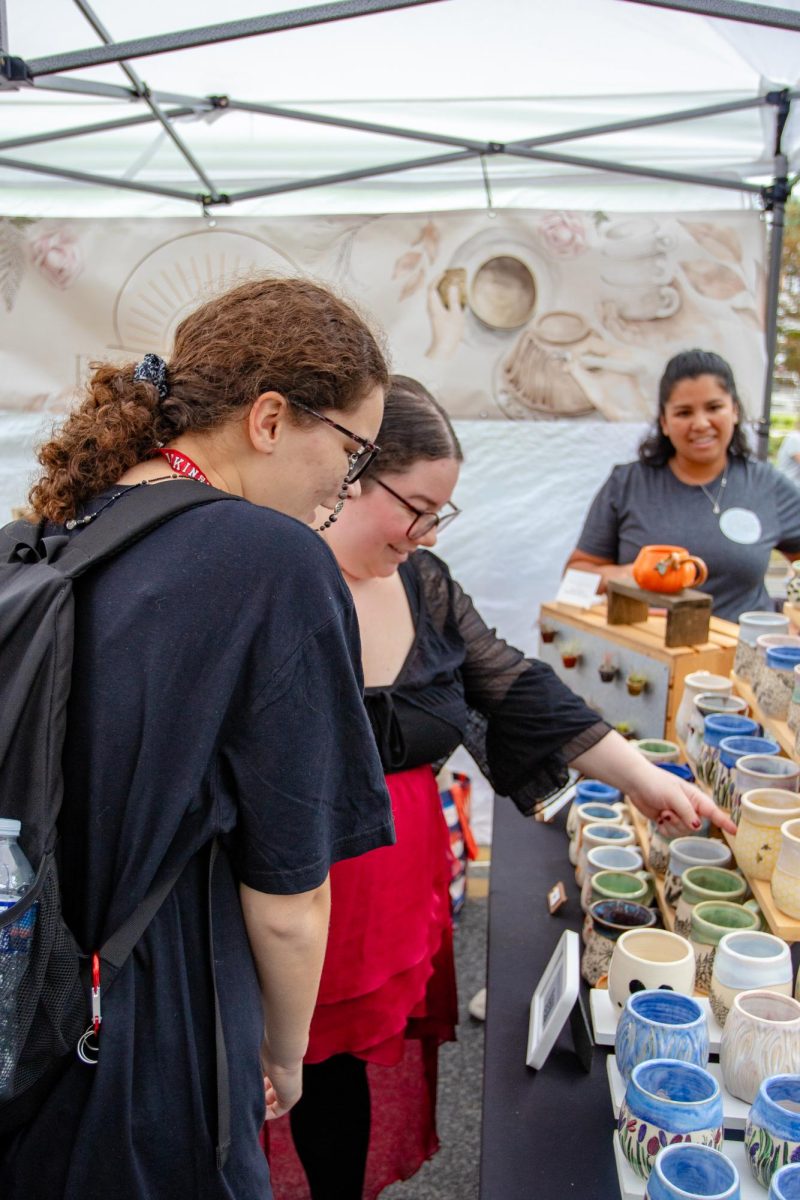Though Professor Dan-el Padilla Peralta’s recent Clarke Forum, “Bodega Poetics: Classics and Caribbean Diaspora” raised interesting points about the study of Classics and its resonance with modern diasporic communities, the presentation was largely inaccessible, and did not seem to factor in certain work that is already happening within the discipline.
He compared the struggles of modern-day diaspora communities to the themes of ancient literature and poetry, including the experience of displaced migrants in central America to the Aeneid (in which titular Aeneas leads his surviving people from the razed Troy across the world to ultimately found Rome). These comparisons were quite interesting and pertinent, demonstrating the relevance of Classics to modern-day, global issues that are not exclusive to the Mediterranean.
He also read from several contemporary poems and book excerpts about modern-day immigrants and diasporic peoples, and emphasized the continuing indomitability of those who have been forcibly displaced. Like the violent colonialism enforced by Rome–which indeed is how Rome became an empire–Caribbean peoples have also historically suffered from a lack of autonomy. Specifically, Peralta referenced the Monroe doctrine as practiced by U.S. presidents Woodrow Wilson and Teddy Roosevelt over the Dominican Republic and Haiti, which completely infringed these countries of their sovereignty.
Peralta’s talk largely revolved around the principle that Classics should be re-tooled as a subject to be more expansive and inclusive, removing the idea that ancient Greece and Rome are the ultimate foundation of white, western civilization, and that their legacy is a wholly positive one.
Peralta spoke of his own experience as a child reading about antiquity as leaving behind such a legacy, and reckoning with that perspective while he was simultaneously, as a Dominican immigrant to New York City himself, living within a systemically violent institution built on those ideals.
The story of his own grappling with the study of Classics was an illuminating perspective, but the points he made from his personal experience did not seem to acknowledge that pertinent discussions have already been happening within the discipline in this regard. He argued for a “dramatic retooling of the study of antiquity” that acknowledges all the important cultures and their important contributions to modern society. To uplift certain ancient texts and dismiss others as lesser upholds problematic principles of racism and colonialism.
For a long time, academics within the field of Classics have grappled with these very points. Ancient Greece and Rome were not monolithic cultures. At its greatest expanse, the Roman Empire stretched from modern-day Britain to the middle east, encompassing the whole Mediterranean. The Roman Empire encompassed dozens if not hundreds of ethnicities, languages, and cultures. The study of Classics is also the study of these peoples, and it felt reductive of the field as a whole to portray the study of ancient Greece and Rome as not already engaging with such events.
In part, Peralta also spoke of the idea that the Classics as a subject may not be salvageable at all, and must be completely overhauled in order to continue as a discipline. This, too, is misleading: Classics is already among the least-funded and least-supported academic disciplines across the country. The budgets of Classics departments–and other humanities–are being rapidly cut across various high school and college institutions, including Dickinson. In past centuries, the Classics may have dominated education, this is not the case anymore: the Classics are not an enemy of progress and equitability, and the discipline is in fact necessary to be able to understand the full scope of humanity; exactly as Peralta pointed out with his comparisons of ancient text to the modern Caribbean diaspora. Though he explored these conflicting points, he did not come to a resolution in his speech.
Though Peralta advocated that the Classics ought to encompass and relate to many different ancient cultures, not just Greece and Rome, and should be as accessible to as many people as possible, he also undermined this point through the nature of the talk itself.
I hope to have adequately represented the points he brought forth, but Peralta’s use of academic language in his talk was nearly unintelligible. He did not define the discipline-specific jargon he repeatedly used, and even I as a student of Classics myself was mystified. His complicated academic jargon ultimately undermined the overarching point of his talk, which was the need for Classics to be more expansive and accessible. Though Peralta’s arguments were good, his representation of his points was at times confusing, and he did not share his examples in a way that his audience could understand.



